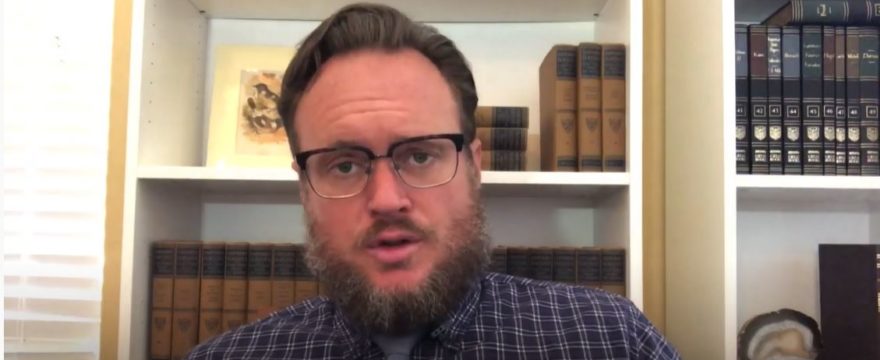Continuing in Chapter 3 we look at Augustine. Dr Anderson traces Augustine’s change from a Manichean (a form of dualism) to theist. He gives an argument about the nature of evil as the privation of being (not a being itself). So evil for a human is an act contrary to human nature. And he gives an argument about how we know God is a spirit. When he analyzes his conversion he does so in terms of a weak will. He knew what was good but couldn’t do it. This is the Platonic view but not the Socratic view. The Socratic view says that we cannot knowingly do evil. He also takes from Plato the beatific vision and otherworldliness which shaped much of Christian history. This says that the good cannot be achieved in this life but only after death.

Leave a Reply